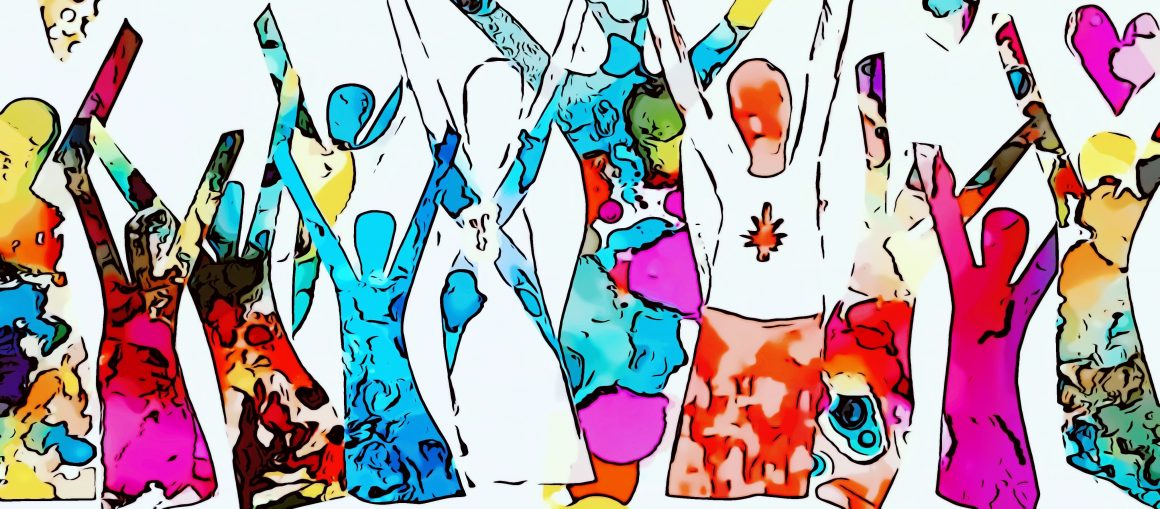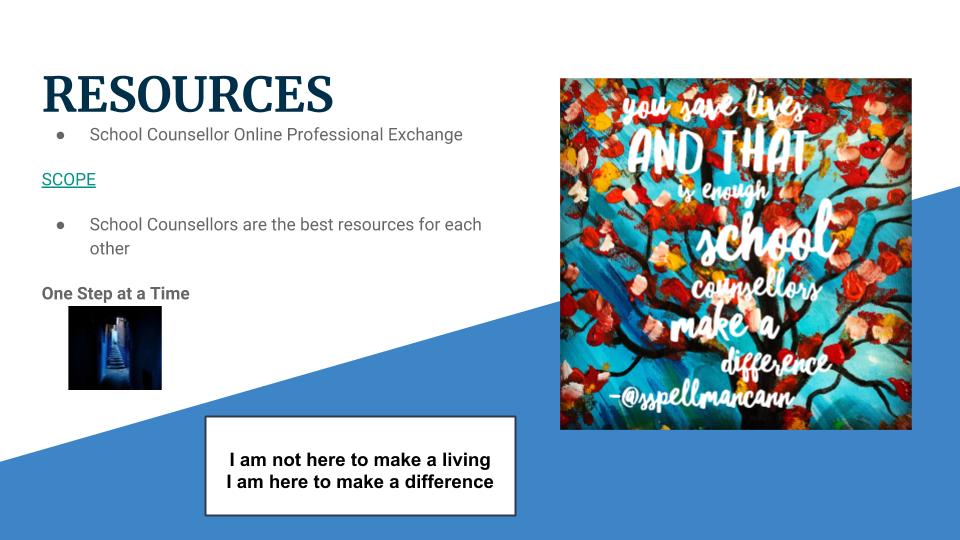
Life is complex for most people. If you are fortunate and grateful to reach my age you never take life or anything for granted. You live, truly live life to the best of your ability.
Seeing Change as an Adventure
When I first started having vision issues, I felt like I was stumbling through a foggy maze. It was scary, frustrating, and honestly, pretty overwhelming. I remember coming back from the ophthalmologist and thinking if I eventually need a seeing-eye dog, so be it. The reality of that is something different.
Over time, I realized that this new chapter wasn’t the end of my story—it was just a plot twist. Embracing change is what I attempt to do on a daily basis. I have keratoconus – specifically pellucid marginal degeneration. I also have herpes eye disease , and cataracts and have had posterior vitreous detachments in both eyes (very common in those of us past 60 years of age).
I wear sclerals which have been life-changing for me, glasses do not work anymore (except for readers). I will eventually need a corneal transplant, but for now, if the eye herpes stays at bay my corneas will be ok.
What Has Helped Me
I have always had an optimistic mindset, so that has helped tremendously, but connecting with others who also have the same eye condition has really helped. I belong to an online support group for keratoconus and have a good friend with the exact same eye condition. You are not alone. It seems there is a support group for almost every condition out there. Of course, having a great optometrist and an ophthalmologist helps. I am fortunate to have both of those.
Be My Eyes Be My AI
If you haven’t heard of it, the BE MY EYES app, Be My AI is a must.
As an optimist, I am hopeful that technology will help us live our best life.
Who knows what is next? We live in a different world than we did ten years ago. Hope is what keeps me going every day. If you know of any great resources that can assist people who are blind or have low vision feel free to share them.
Lean on Your People
Here’s the thing: you don’t have to go through this journey alone. Seriously, reach out to your friends, your family, and those who get you. As a psychologist, I know it is a strength to reach out. We all need support at some time in our lives.
It’s amazing how much love and support you’ll find when you let people in.
Finding Silver Linings
Okay, let’s keep it real. Losing your sight sucks. There’s no sugarcoating it. But you know what? Even in the darkest moments, there’s a flicker of light. Maybe it’s finally learning to slow down and savor life’s simple pleasures. Or discovering a newfound appreciation for the beauty of sound, touch, and smell. It’s all about finding those silver linings and holding onto them for dear life. Sometimes it’s easier said than done, but if you take each day and savour as many moments as possible, it makes life easier.
Losing your sight might feel like the end of the world for you, and no one truly understands unless they have been through it in some form or another, but trust me, you can cope and live a fulfilling life no matter what life throws at you.
I am so grateful that I wake up each day and can embrace the good around me and hope you too can connect with others that help make life better.
So as you navigate the twists and turns of life, seize as many moments as possible, love those around you, spend as much time with friends and family that lift you up as you can and never take your life or your vision for granted.










 How do we instill an insatiable desire to learn and live life to the fullest while teaching students to self regulate when it comes to cell phone use?
How do we instill an insatiable desire to learn and live life to the fullest while teaching students to self regulate when it comes to cell phone use?
 • If cell phone use has become a concern … journal what is happening for you.
• If cell phone use has become a concern … journal what is happening for you. Once you have learned ways to help yourself , you maybe able to assist others with their technology use as well. Recognize that you are not perfect and will need to self evaluate often … I know I do.
Once you have learned ways to help yourself , you maybe able to assist others with their technology use as well. Recognize that you are not perfect and will need to self evaluate often … I know I do.